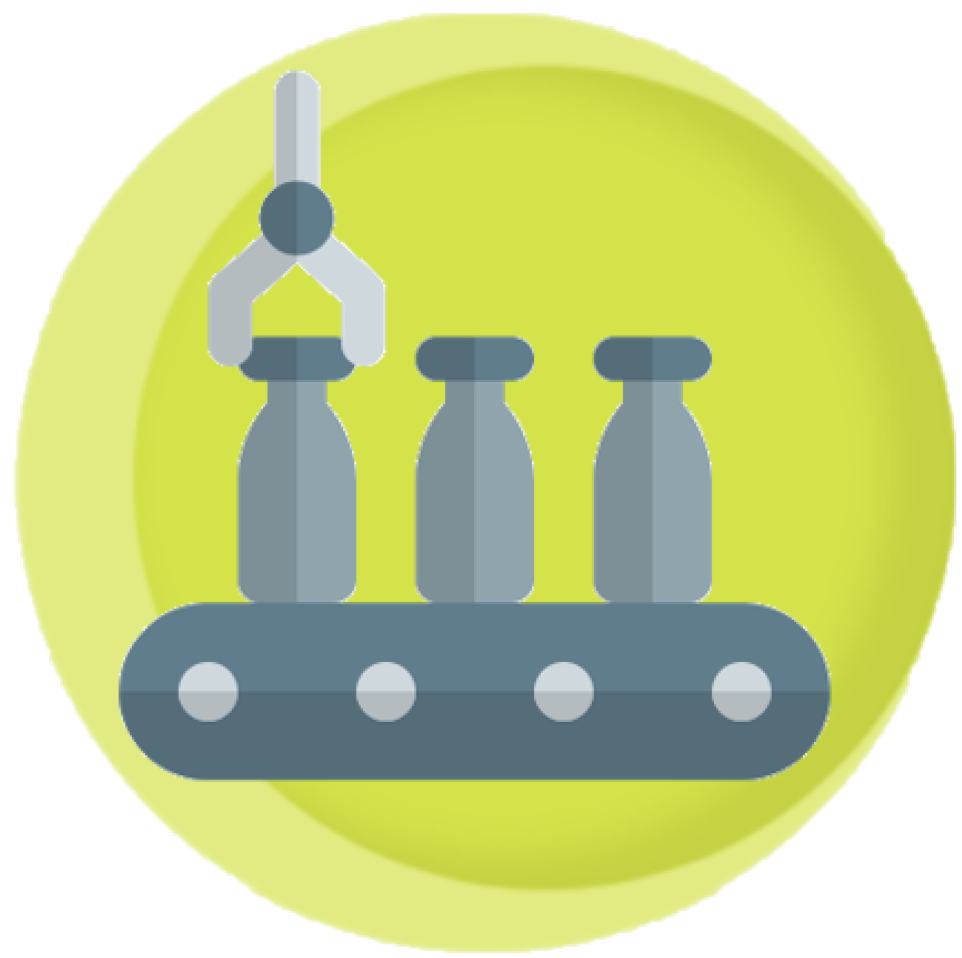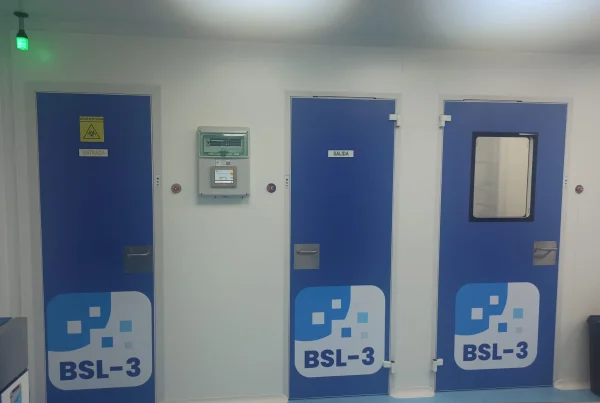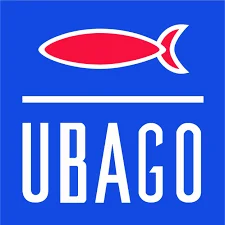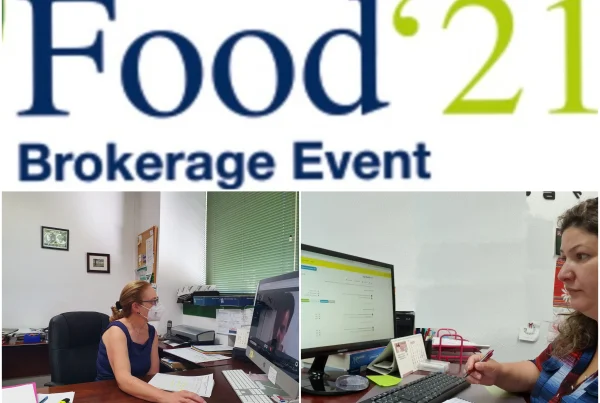3500
Simulations
516
Models
237
Events
6
What does MicroHibro offer?

MICROBIAL PREDICTION
It allows describing the kinetics of growth or inactivation of a microorganism of interest in a particular food, as well as possible transfer. The purpose of this module is to facilitate the evaluation of food safety and hygiene in microbiological terms.
SHELF-LIFE
Composed of microbial, sensory and physicochemical models, describing the relationship between the presence of a microorganism in a food, with the alteration of its properties and sensory characteristics. The purpose is to be able to assess and predict the shelf life of a specific product under conditions established by the user.
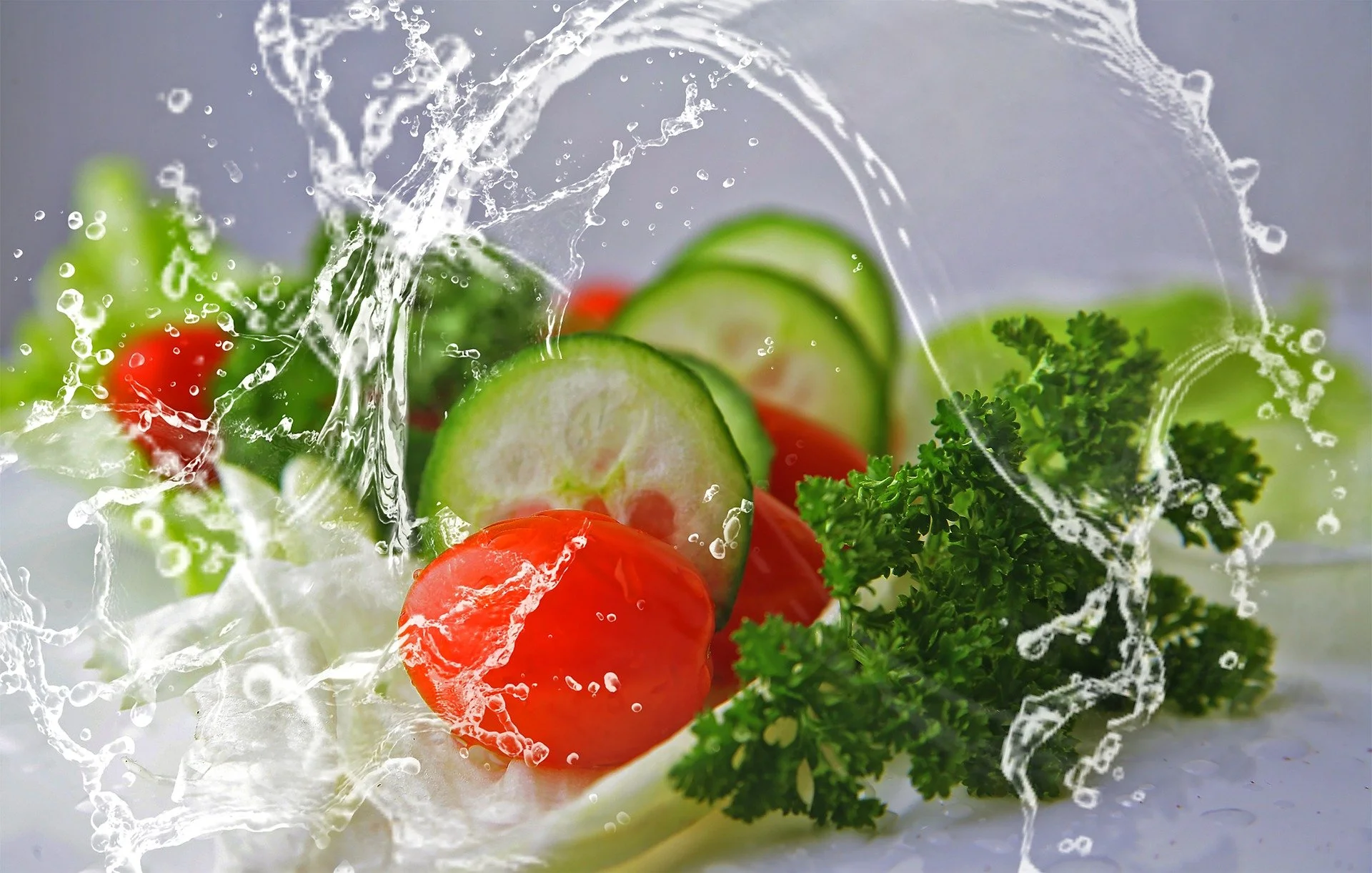
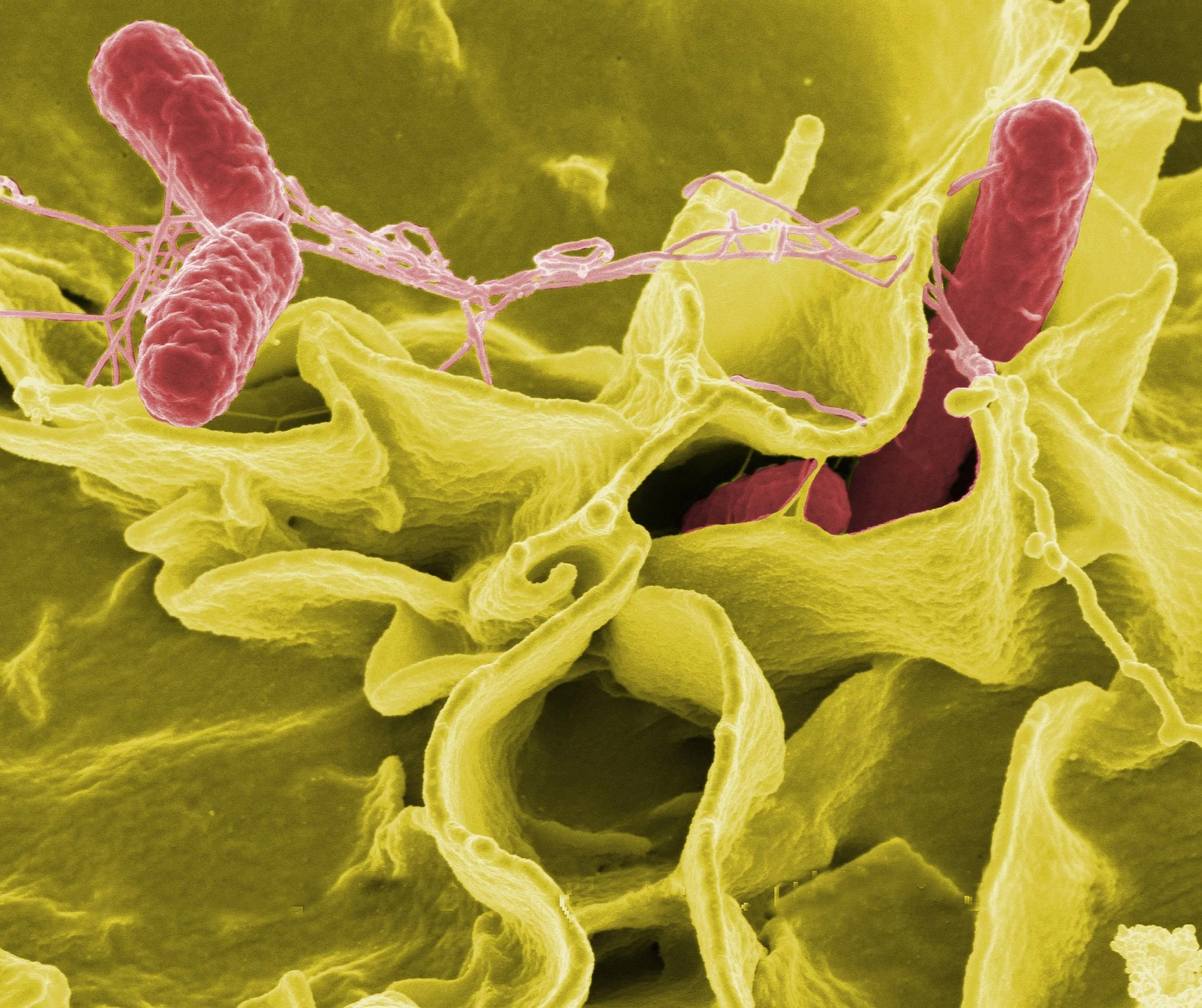
RISK ASSESSMENT
It determines risk through hazard identification, hazard characterisation, exposure assessment and risk characterisation. MicroHibro facilitates this risk assessment by integrating microbial and dose-response assessment techniques and predictive modelling. In this way, it provides a solid and scientific basis for decision-making in the field of food quality and safety.
SAMPLING PLANS
By integrating different mathematical equations and statistical measures, microHibro provides the user with generic and specific sampling plans for a particular microorganism and feed, as well as batch sample sizes in quality control.
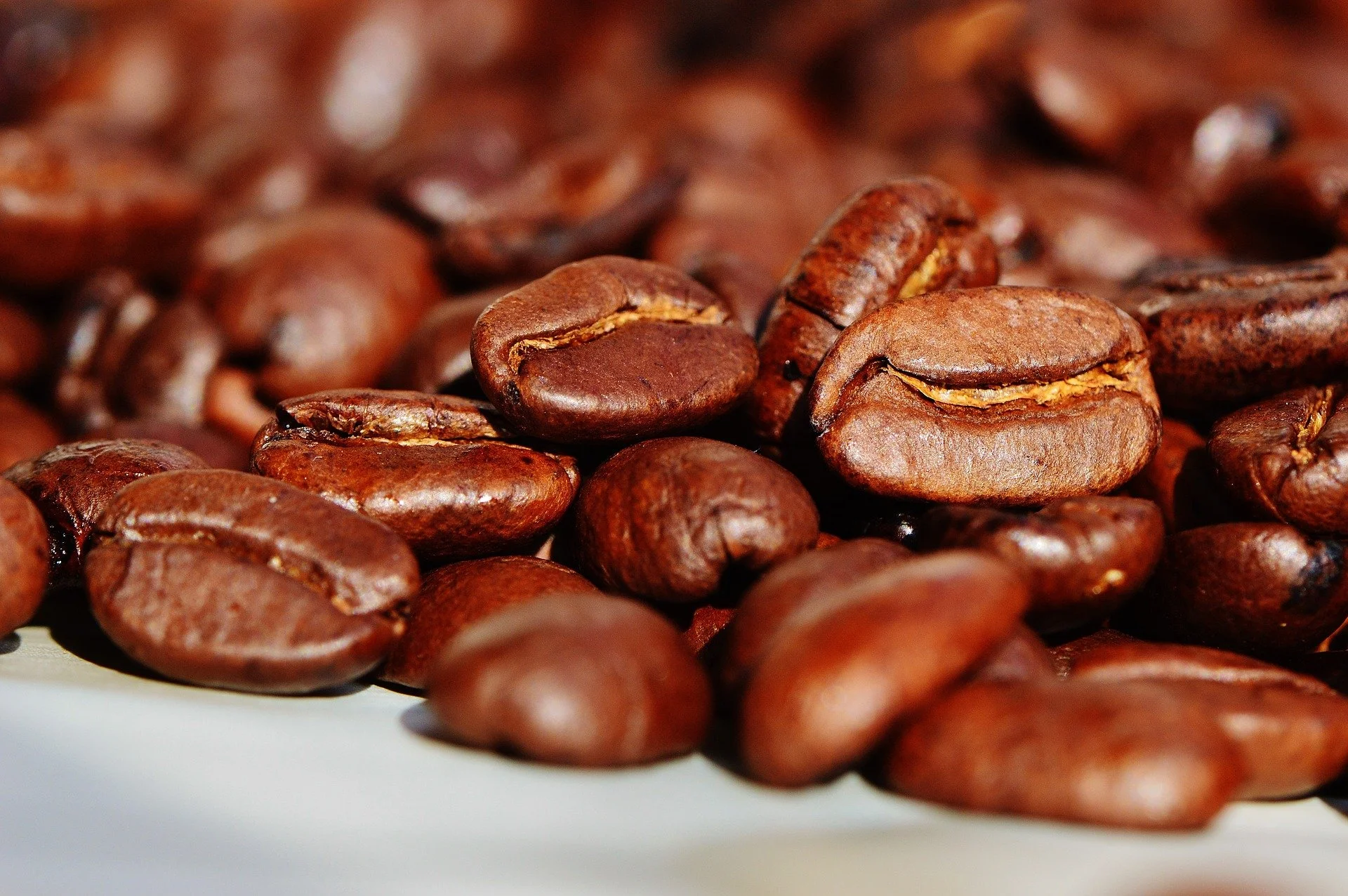
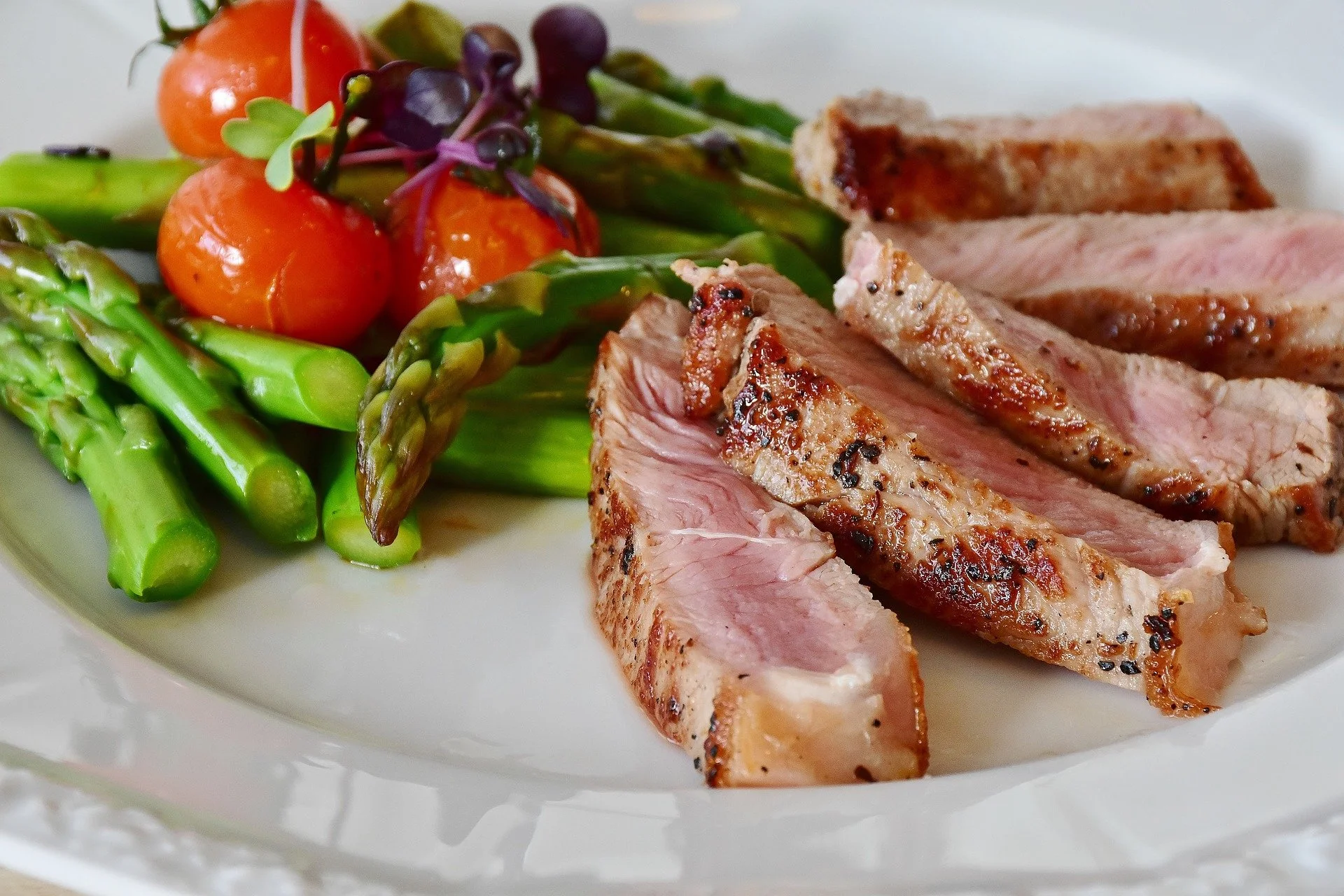
VALIDATION
It allows working with experimental data, making a comparison between these and the predictions obtained by a model, showing the degree of validity of the prediction with respect to the data provided by the user.
Projects
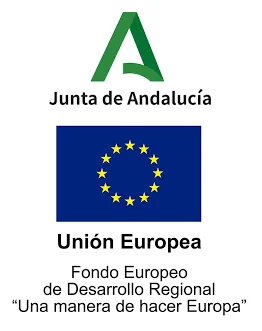
Proyecto P18-RT-1386
RESISTALI
“Antibiotic Resistant Microorganisms in the Andalusian Food Chain: A Quantitative Microbiological Risk Assessment in Meat Products for the development of control strategies in the food sector.”

Proyecto P18-RT-3177
PROBIOFISH
“Development and application of predictive models in minimally processed and ready-to-eat aquaculture products through the application of microorganisms with probiotic and bioprotective potential.”
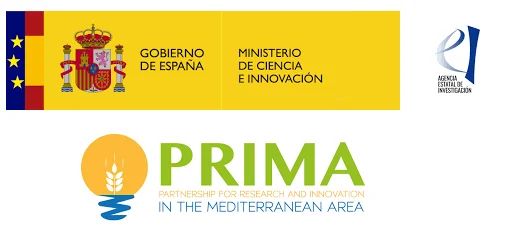
Proyecto PCI2020-112015
BIOFRESH CLOUD
“Enhancing Mediterranean Fresh Produce Shelf-life using Sustainable Preservative Technologies and communicating knowledge on dynamic shelf-life using Food Cloud Services and Predictive Modelling.”

Proyecto PID2019-10-8420RB-C31
ASEQURA
“Quantitative microbiological risk assessment of foodborne pathogens of high public health relevance in Spain: Listeria monocytogenes in processing chains.”

Proyecto AT17-5686
“Transfer of a system, based on predictive microbiology models, to improve the safety and microbiological quality of Andalusian foodstuffs.”

Proyecto AT17-5503
“Implementation of IT tools for decision-making on quality improvement and food safety in table olive processing companies.”

Proyecto PCI2019-103453
ArtisaneFood
“Innovative Bio-interventions and Risk Modelling Approaches for Ensuring Microbial Safety and Quality of Mediterranean Artisanal Fermented Foods.”
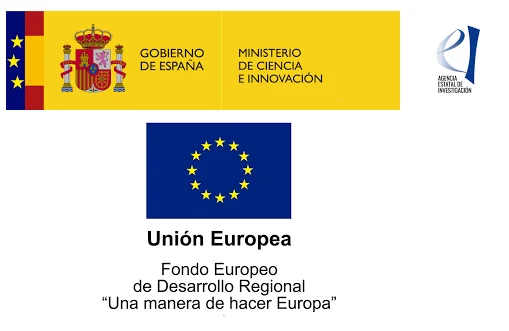
Proyecto RTI2018-100883-B-I00
TOBE
“Insights into table olive biofilm ecosystem for technological and functional applications.”

Proyecto RTI2018-099195-R-I00
NG-SAUSAGING
“New generation fermented sausages through the application of predictive microbiology and omics methodologies.”

Proyecto 1261329-R
AQUASAFEFISH
“Proposal of predictive models and
advanced molecular characterisation techniques for the application of
bio-preservation treatments and packaging technologies in minimally processed
and ready-to-eat aquaculture products in Andalusia.”

Proyecto AGL2016-78086-R
“Mitigation strategies for problems associated with foodborne pathogens to improve the quality and safety of frozen and ready-to-eat strawberries.”
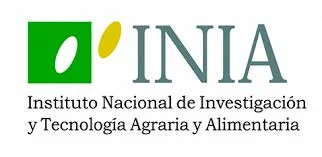
Proyecto RTA2013-00055-CO2-02
“Quantitative assessment of the risk of contamination, survival and inactivation of L. monocytogenes in raw-cured sausages.”

Proyecto P12- AGR-1906
“Development and application of predictive models for the improvement of the quality and safety of minimally processed marine aquaculture products.”

Proyecto AGR 7755
PrediAlo
“Microbiological control of enterobacterial populations in the packaging of table olives PDO Aloreña of Málaga”.

Proyecto AGL2008 03298
“Development of a common framework for microbiological risk assessment and management in minimally processed and ready-to-eat foods: application to plant products.”

Proyecto P08-CTS-3620
“Development of a common framework for the assessment and management of microbiological risks in ready-to-eat meat products.”
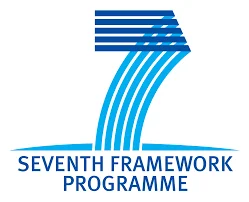
Proyecto grant agreement no. 222738
BASELINE
“Selection and improving of fit-for-purpose sampling procedures for specific foods and risks.”

Proyecto AGR-01879
“Microbiological risk analysis of ready-to-eat foods in high-risk populations in Andalusia.”

Proyecto AGL2005-0119
“Quantitative assessment of cross-contamination in microbial risk assessment in cooked meat products and in setting food safety targets.”
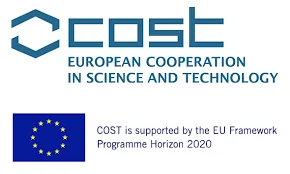
Proyecto COST 920
“Foodborne Zoonoses: A coordinated food chain approach”. Working Group 3: Quantitative Risk Assessment.”

Proyecto AGL2001-2435
“Application of predictive microbiology in microbial risk assessment in food.”

Proyecto CAL01-032
“Microbial risk assessment in minimally processed asparagus.”

Proyecto ALI98-0676-CO2-01
“Development and validation of mathematical models for the prediction of microbial growth in meat products. Bases for the evaluation of quality, safety and shelf-life.”

Proyecto COST ACTION 914
“Validation of Predictive models of microbial growth and survival in food matrices and through the food chain.”

Proyecto Agreement n# 1932
MEDIFIT
“An Interlinked Digital Platform for Food Integrity and Traceability of Relevant Mediterranean Supply.”
Address
Departamento de Bromatología y Tecnología de los Alimentos – Universidad de Córdoba
Córdoba – España



